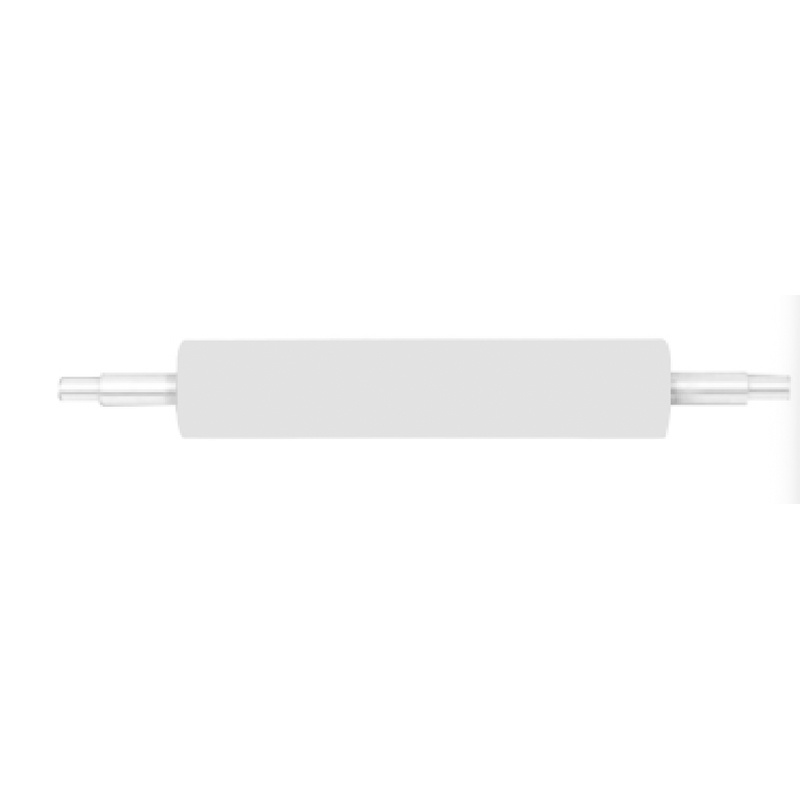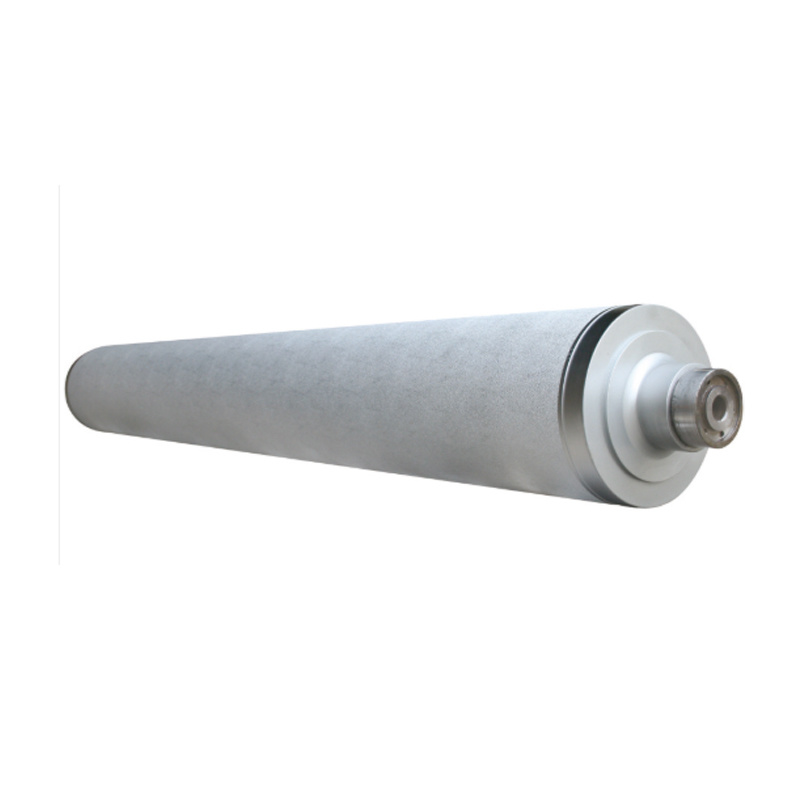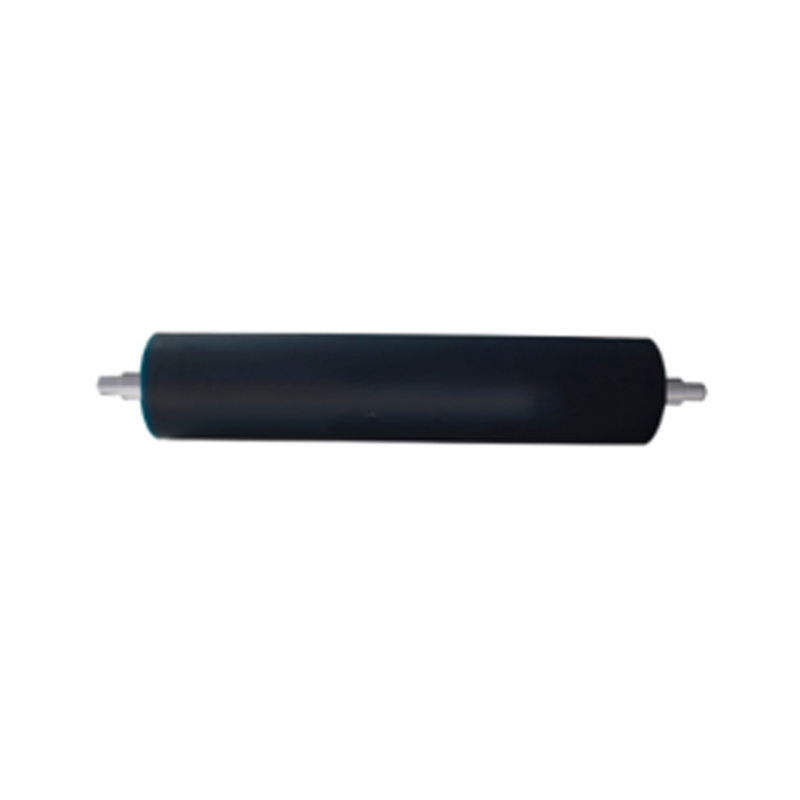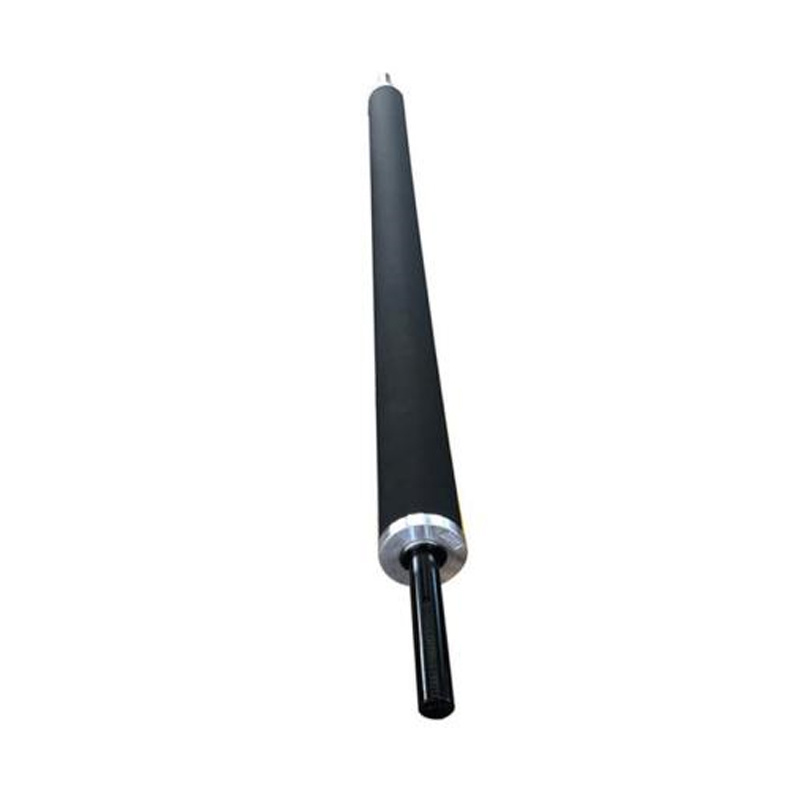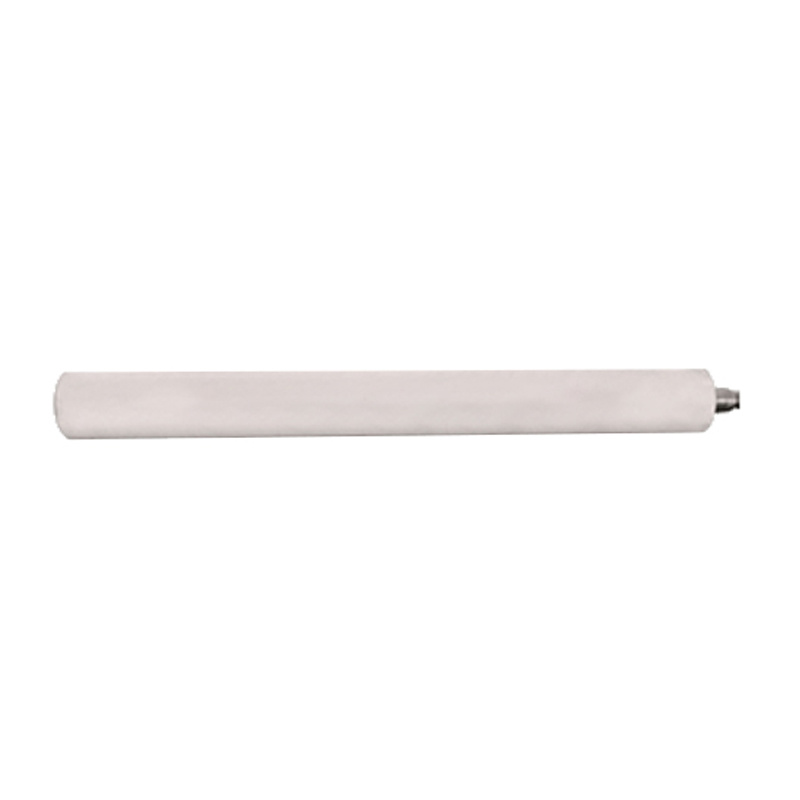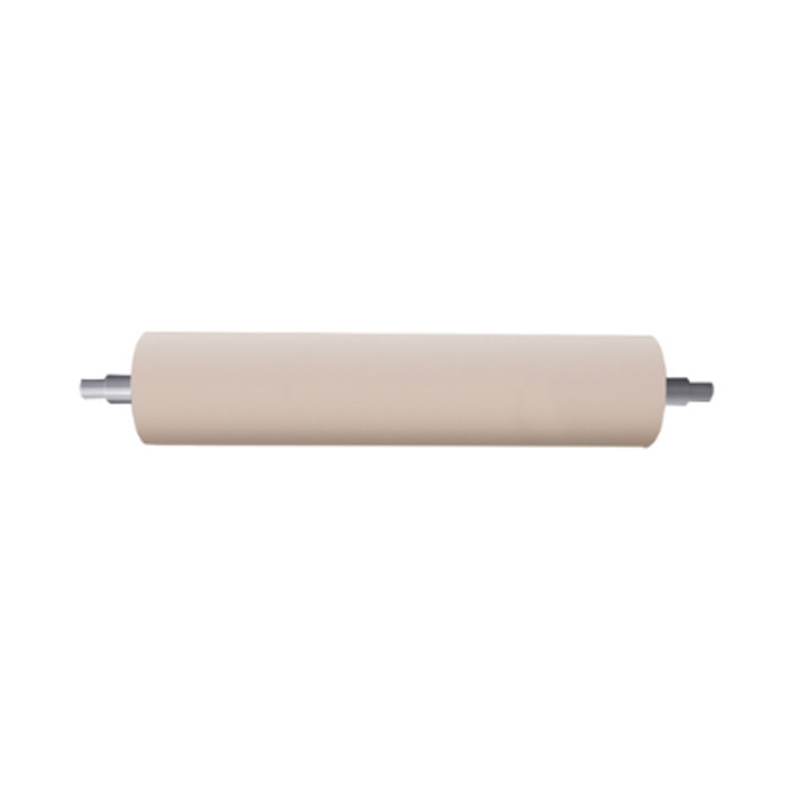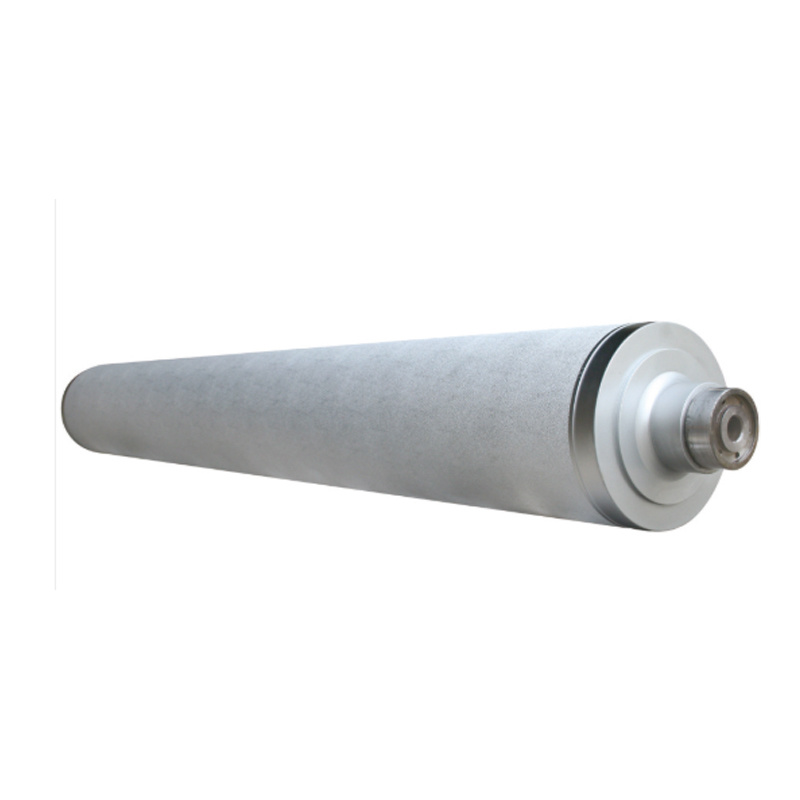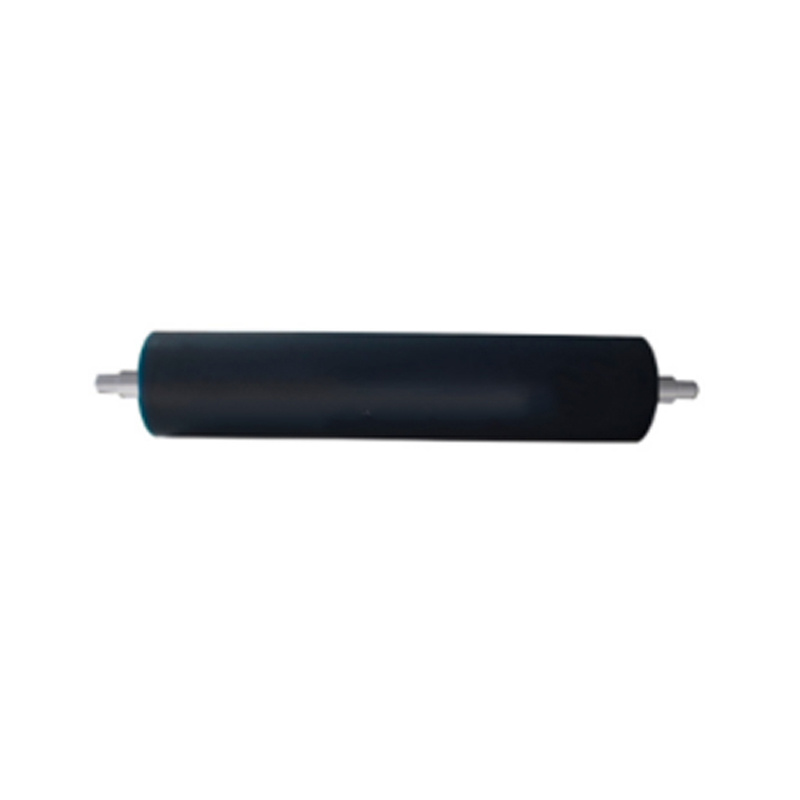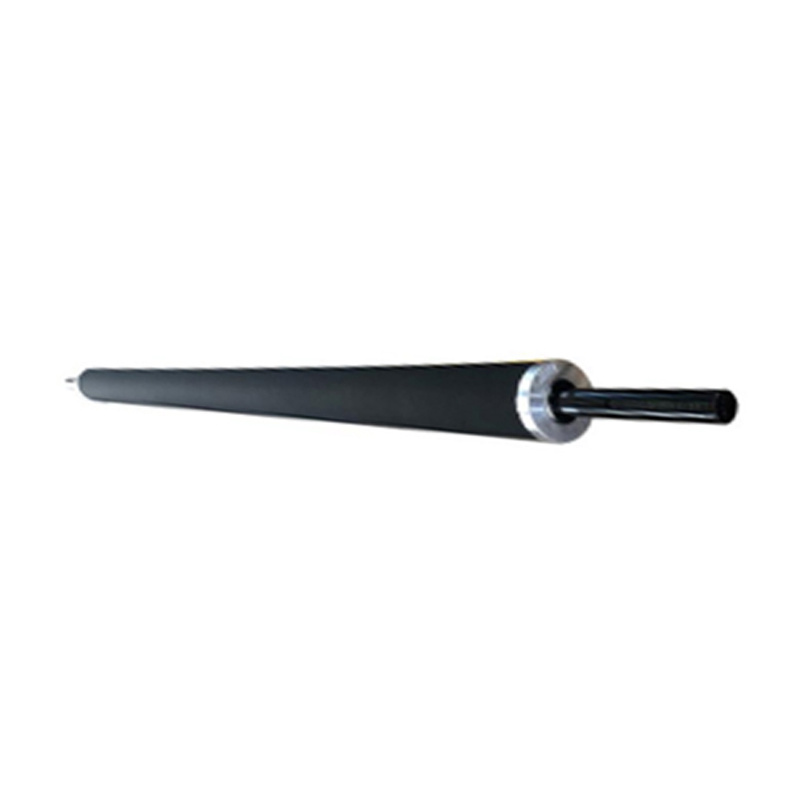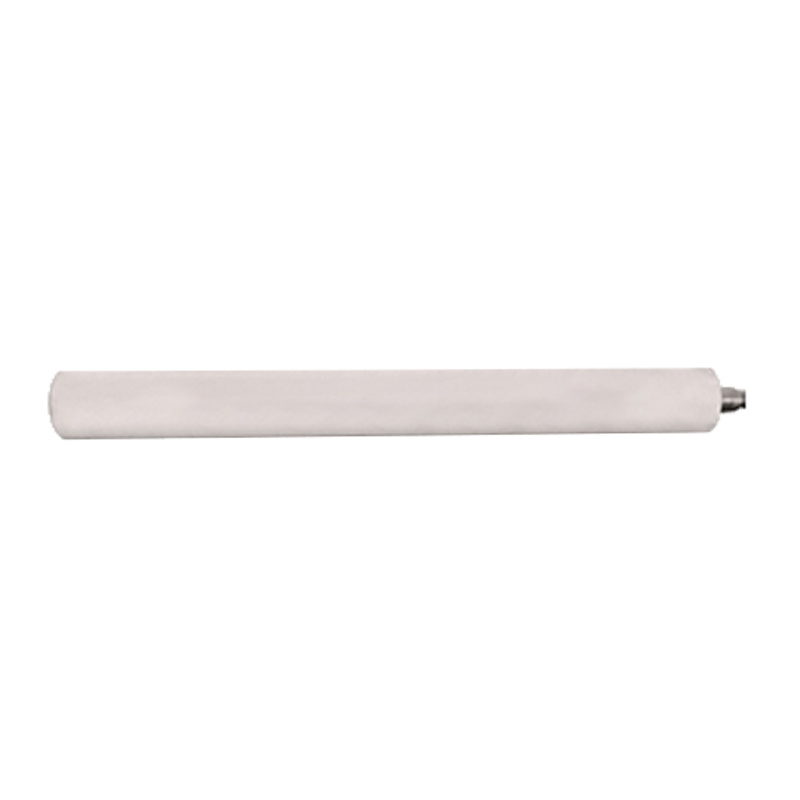Product Center
Contact Us
Email:
cfyxrubberroller@duwogs.com
Phone:
0318-8637001
Address:
No. 369, Fuyang East Road, Jizhou District, Hengshui City, Hebei Province
Rollers for the thin-film industry
This roller is the primary component responsible for maintaining proper tension during film winding. Typically, the film tension is detected by pressure sensors positioned beneath the bearings at both ends of the tension roller. The signals from these sensors are then processed via electronic circuits, which adjust the rotational speed of the winding motor to ensure optimal winding tension.
The embossing roller is a specialized roller-type equipment used in industrial production to press raised and recessed patterns onto the surfaces of materials such as plastic sheets, films, aluminum foil, leather, rigid boards, wallpaper, floor tiles, and glass. It is widely applied in industries including papermaking, plastics, rubber, non-woven fabrics, and architectural hardware.
The traction roller is positioned beneath the cooling roller and is primarily used to pull and stretch the plastic film, ensuring it maintains a consistent stretching ratio during the cooling process.
The flattening roller is an industrial equipment component primarily used to address uneven issues such as waviness, wrinkles, and bending that occur in roll materials like films, paper, and metal foils during the production process.
In film casting equipment, the corona roller serves to perform corona treatment, thereby enhancing the surface energy and adhesion of the film.
This roller is the primary component responsible for maintaining proper tension during film winding. Typically, the film tension is detected by pressure sensors positioned beneath the bearings at both ends of the tension roller. The signals from these sensors are then processed via electronic circuits, which adjust the rotational speed of the winding motor to ensure optimal winding tension.
The embossing roller is a specialized roller-type equipment used in industrial production to press raised and recessed patterns onto the surfaces of materials such as plastic sheets, films, aluminum foil, leather, rigid boards, wallpaper, floor tiles, and glass. It is widely applied in industries including papermaking, plastics, rubber, non-woven fabrics, and architectural hardware.
The traction roller is positioned below the cooling roller and is primarily used to pull and stretch the plastic film, ensuring it maintains a consistent stretching ratio during the cooling process.
This roller is the primary component responsible for maintaining proper tension during film winding. Typically, the tension of the film is detected by pressure sensors positioned beneath the bearings at both ends of the tension roller. The signals from these sensors are then processed through electronic circuits, which adjust the rotational speed of the winding motor to ensure optimal winding tension.
The embossing roller is a specialized roller-type equipment used in industrial production to press raised and recessed patterns onto the surfaces of materials such as plastic sheets, films, aluminum foil, leather, rigid boards, wallpaper, floor tiles, and glass. It is widely applied in industries including papermaking, plastics, rubber, non-woven fabrics, and architectural hardware.
The traction roller is positioned beneath the cooling roller and is primarily used to pull and stretch the plastic film, ensuring it maintains a consistent stretching ratio during the cooling process.
The flattening roller is an industrial equipment component primarily used to address uneven issues such as waviness, wrinkles, and bending that occur in roll materials like films, paper, and metal foils during the production process.
In film casting equipment, the corona roller serves to perform corona treatment, thereby enhancing the surface energy and adhesion of the film.



